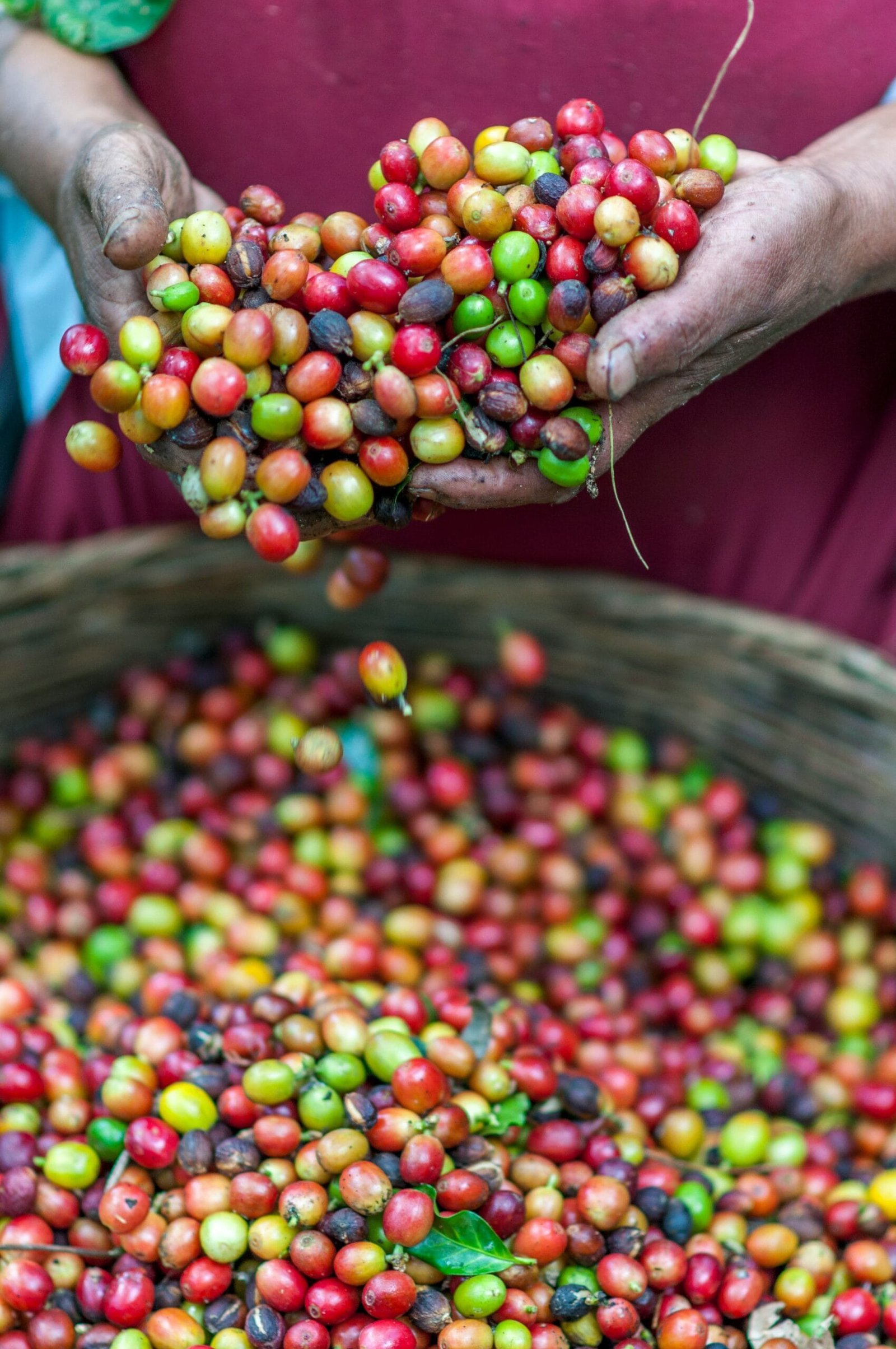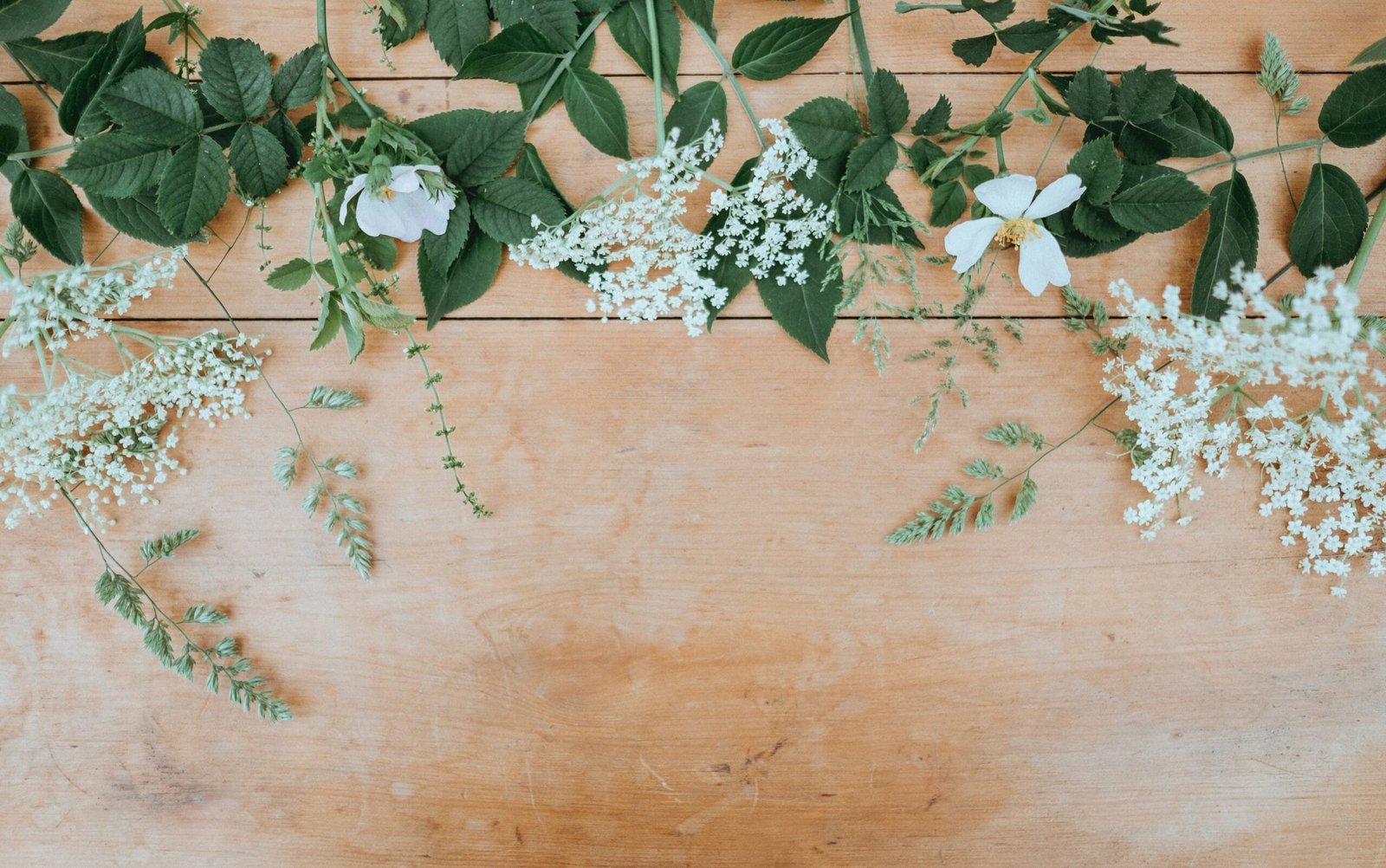Introduction to Organic Vegetable Gardening
Organic vegetable gardening is an increasingly popular practice that focuses on cultivating vegetables without the use of synthetic pesticides, fertilizers, or genetically modified organisms (GMOs). This approach to gardening emphasizes natural processes and materials to enhance plant growth and soil health. By using compost, organic matter, and natural pest control methods, gardeners can create a thriving ecosystem that supports both their crops and the surrounding environment.

Read this article and do not forget to check the YouTube channel “The Gardening Channel With James Prigioni”:
https://www.youtube.com/@ecoevo
Unbelievable Organic Garden Harvest, This is What I Harvested Today! (video)
One of the primary principles of organic vegetable gardening is to promote biodiversity. By planting a variety of crops and incorporating companion planting techniques, gardeners can attract beneficial insects and pollinators while naturally deterring pests. This diversity not only contributes to a healthier garden but also fosters a balanced ecosystem that can be more resilient to diseases and adverse weather conditions.
Improving soil health is another cornerstone of organic gardening. Healthy soil is teeming with microorganisms, earthworms, and other beneficial organisms that break down organic matter and release essential nutrients for plants. Techniques such as crop rotation, cover cropping, and mulching help maintain soil structure and fertility, reducing the need for chemical inputs. The result is a sustainable growing environment that can support bountiful harvests year after year.
The trend towards organic vegetable gardening is driven by a growing awareness of the health and environmental impacts of conventional agriculture. By choosing organic methods, gardeners can reduce their exposure to harmful chemicals and contribute to a more sustainable food system. Additionally, growing one’s own vegetables offers a sense of accomplishment and a direct connection to the food we eat. The flavors of homegrown produce, harvested at peak ripeness, are unmatched by store-bought alternatives.
Starting an organic vegetable garden is not only a rewarding hobby but also a meaningful step towards a healthier lifestyle and a more sustainable world. Whether you have a small backyard plot or a few containers on a balcony, organic gardening allows you to take control of your food supply and enjoy the fruits of your labor.
Essential Tools and Materials for Organic Gardening
Embarking on the journey of organic vegetable gardening requires the right set of tools and materials to ensure a productive and eco-friendly garden. The foundation of any successful garden starts with basic gardening tools. A sturdy trowel is essential for planting seeds and seedlings, while pruners are indispensable for trimming plants and harvesting vegetables. Additionally, a good watering can or hose with a gentle spray nozzle ensures your plants receive adequate hydration without damaging delicate foliage.
Beyond the fundamental tools, the quality of materials used in organic gardening is paramount. Opting for organic seeds is crucial as they are free from synthetic chemicals and genetically modified organisms (GMOs). When it comes to enriching your soil, compost is a natural choice. Homemade compost, created from kitchen scraps and yard waste, provides a rich source of nutrients, promoting healthy plant growth and improving soil structure.
Natural pest control methods are integral to maintaining an organic garden. Instead of relying on chemical pesticides, consider using neem oil, insecticidal soaps, or introducing beneficial insects like ladybugs and predatory mites to manage pest populations. These alternatives not only protect your crops but also contribute to a healthier ecosystem.
Sourcing organic materials can be straightforward if you know where to look. Many local nurseries and online retailers specialize in organic gardening supplies. Additionally, farmers’ markets and community-supported agriculture (CSA) programs often offer organic seeds and compost. When selecting tools, prioritize those made from sustainable materials, such as wooden handles and stainless steel blades, to reduce environmental impact.
The importance of using sustainable and eco-friendly products cannot be overstated. By choosing tools and materials that align with organic gardening principles, you contribute to a more sustainable future. This approach not only benefits your garden but also supports biodiversity and reduces pollution, making your organic vegetable garden a positive force for both your health and the planet.
Planning and Designing Your Organic Garden
Embarking on the journey of creating an organic vegetable garden begins with meticulous planning and thoughtful design. The first crucial step is selecting the right location. Your garden should receive at least six to eight hours of direct sunlight daily, as most vegetables thrive under these conditions. Assess the soil quality by conducting a soil test to ensure it is rich in organic matter and has the appropriate pH level. Additionally, easy access to water is essential for the consistent hydration of your plants.
When it comes to garden layout, there are several options to consider. Raised beds are an excellent choice for those dealing with poor soil quality or limited space. They offer better control over soil conditions and drainage. Container gardening is another viable option, particularly for urban dwellers or those with limited yard space. Traditional row planting remains a classic method, ideal for larger gardens and those who prefer a more conventional approach.
To achieve a bountiful harvest and maintain soil health, implementing crop rotation is key. This practice involves changing the location of crops each season to prevent soil depletion and reduce pest buildup. Companion planting, where certain plants are grown together to enhance growth and deter pests, can also be beneficial. For example, planting basil alongside tomatoes can improve their flavor and repels harmful insects. Succession planting, the technique of planting crops in intervals, ensures a continuous harvest throughout the growing season.
Creating a planting schedule is vital for the success of your organic vegetable garden. This schedule should consider the specific growing requirements and timelines of different vegetables. Select crops suited for each season; cool-season vegetables like lettuce and broccoli thrive in early spring and fall, while warm-season crops such as tomatoes and peppers should be planted after the last frost date.
By carefully planning and designing your organic garden, you set the foundation for a productive and sustainable growing environment. Thoughtful consideration of location, layout, and planting strategies will allow you to enjoy a thriving garden filled with healthy, organic produce.
Maintaining and Harvesting Your Organic Garden
Maintaining an organic vegetable garden requires consistent care and attention to detail. Regular watering is crucial, particularly during dry periods. It is advisable to water early in the morning to minimize evaporation and ensure that plants receive adequate moisture. Mulching plays a vital role in retaining soil moisture, suppressing weeds, and regulating soil temperature. Organic mulches, such as straw, leaves, or grass clippings, are recommended to enhance soil health.
Weeding is another essential task. Regularly removing weeds prevents them from competing with your vegetables for nutrients and water. Hand-pulling weeds or using a hoe can be effective, especially when done frequently. Monitoring for pests and diseases is equally important. While organic gardens eschew synthetic chemicals, natural solutions such as neem oil, insecticidal soaps, and beneficial insects can help manage common garden pests. Introducing ladybugs or planting companion plants like marigolds can also deter unwanted insects.
Maintaining soil health is a cornerstone of organic gardening. Incorporating compost into the soil enriches it with essential nutrients and improves its structure. Composting kitchen scraps, garden waste, and other organic materials creates a nutrient-rich amendment that benefits your garden’s ecosystem. Additionally, cover cropping during off-seasons can prevent soil erosion, improve soil fertility, and suppress weeds. Leguminous cover crops, such as clover or vetch, fix nitrogen in the soil, further enhancing its fertility.
Knowing when to harvest is key to enjoying the produce of your organic garden. Each vegetable has specific indicators of ripeness. For instance, tomatoes should be firm and fully colored, while carrots are best harvested when they reach the desired size. Leafy greens like lettuce and spinach are ready when the leaves are tender and vibrant. Proper harvesting techniques, such as using clean, sharp tools, prevent damage to the plants and ensure continued productivity.
Post-harvest, proper storage is essential to prolong the freshness of your vegetables. Root vegetables like potatoes and carrots store well in cool, dark places. Leafy greens can be refrigerated, and some vegetables may be preserved through freezing, canning, or drying. This not only extends the enjoyment of your harvest but also reduces waste.
By adhering to these guidelines, you can maintain a thriving organic vegetable garden and relish the rewards of your labor. Consistent care, natural pest management, soil enrichment, and timely harvesting are the pillars of successful organic gardening, ensuring a sustainable and productive garden year after year.
Other related posts from our website:
https://howtobuildahouseblog.com/creating-a-stunning-garden-on-a-small-budget-tips-and-ideas/
Thank you so much for your attention.
Stay tuned. We will upload many other amazing posts to our website and videos onto our YouTube channel.
Thank you so much.
for your time and attention.
Best Regards
See you to another post,
Bye, Bye



No Responses